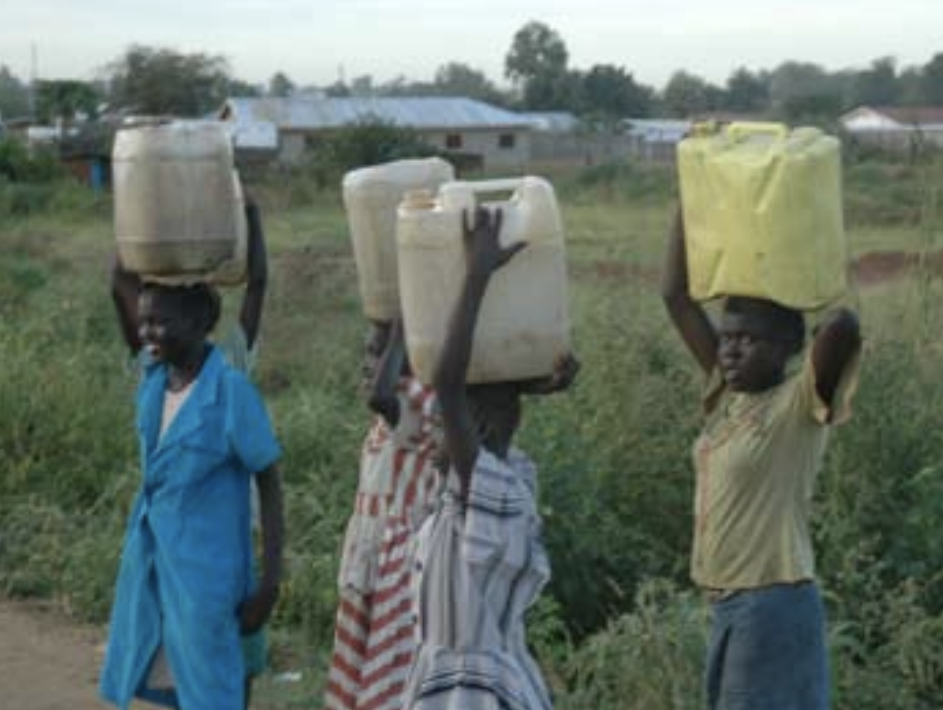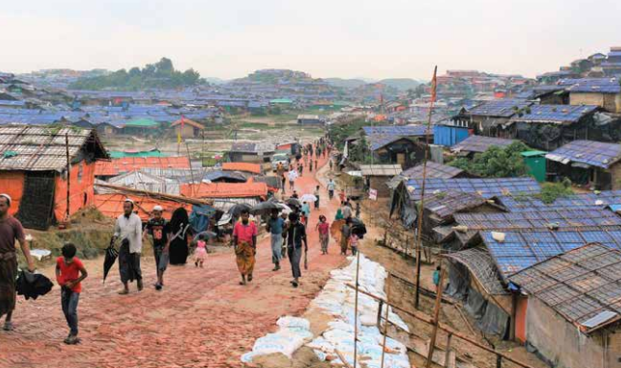The Population Council conducts rigorous formative research, risk mapping, and develops vulnerability indices and practical tools to collect program-relevant information for use in post-conflict settings globally.
We evaluate and generate evidence on interventions to combat sexual and gender-based violence and improve sexual and reproductive health in post conflict and refugee settings; facilitate innovations in data collection from underserved and displaced populations; and synthesize research and promote research uptake in many countries around the world.

